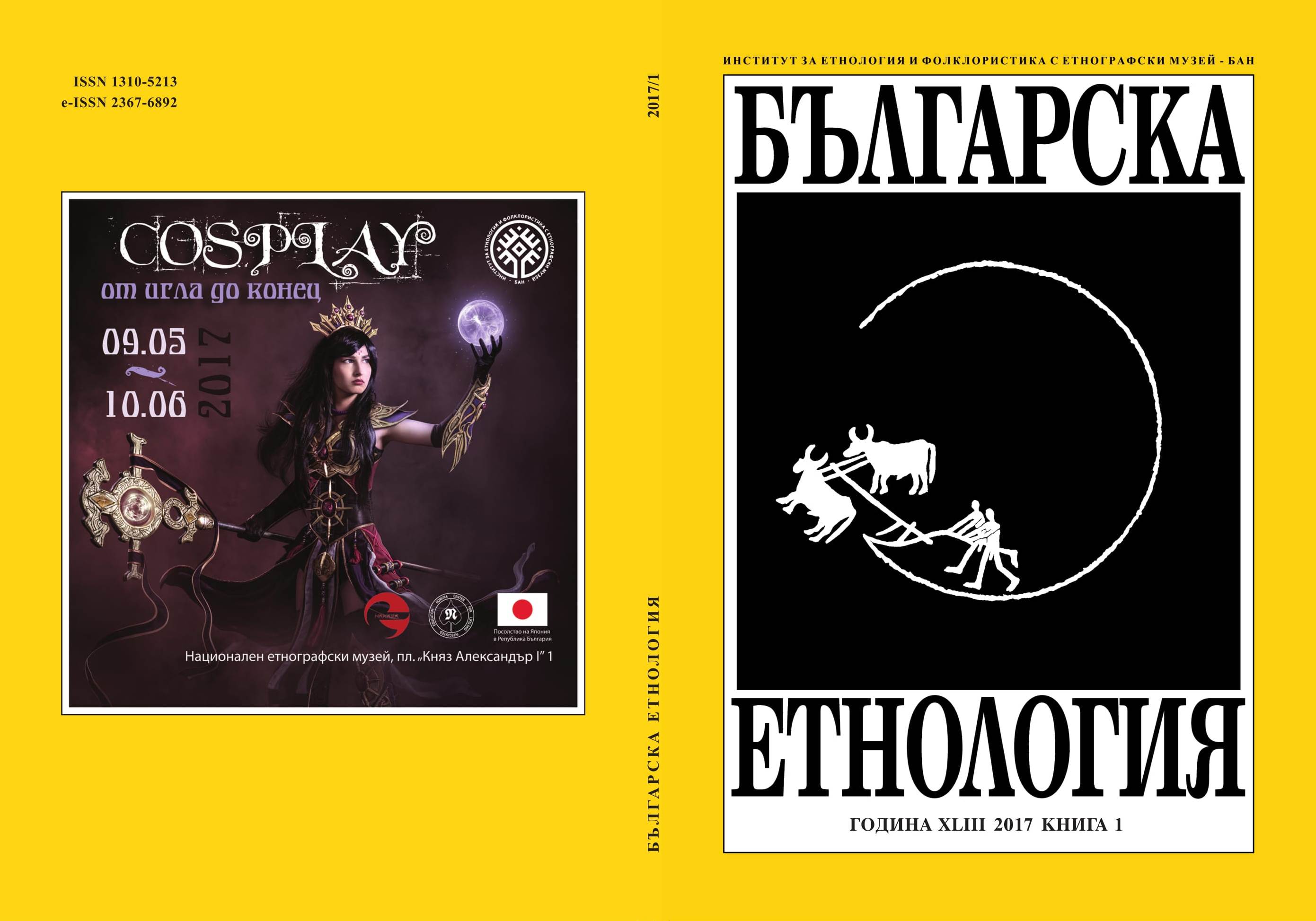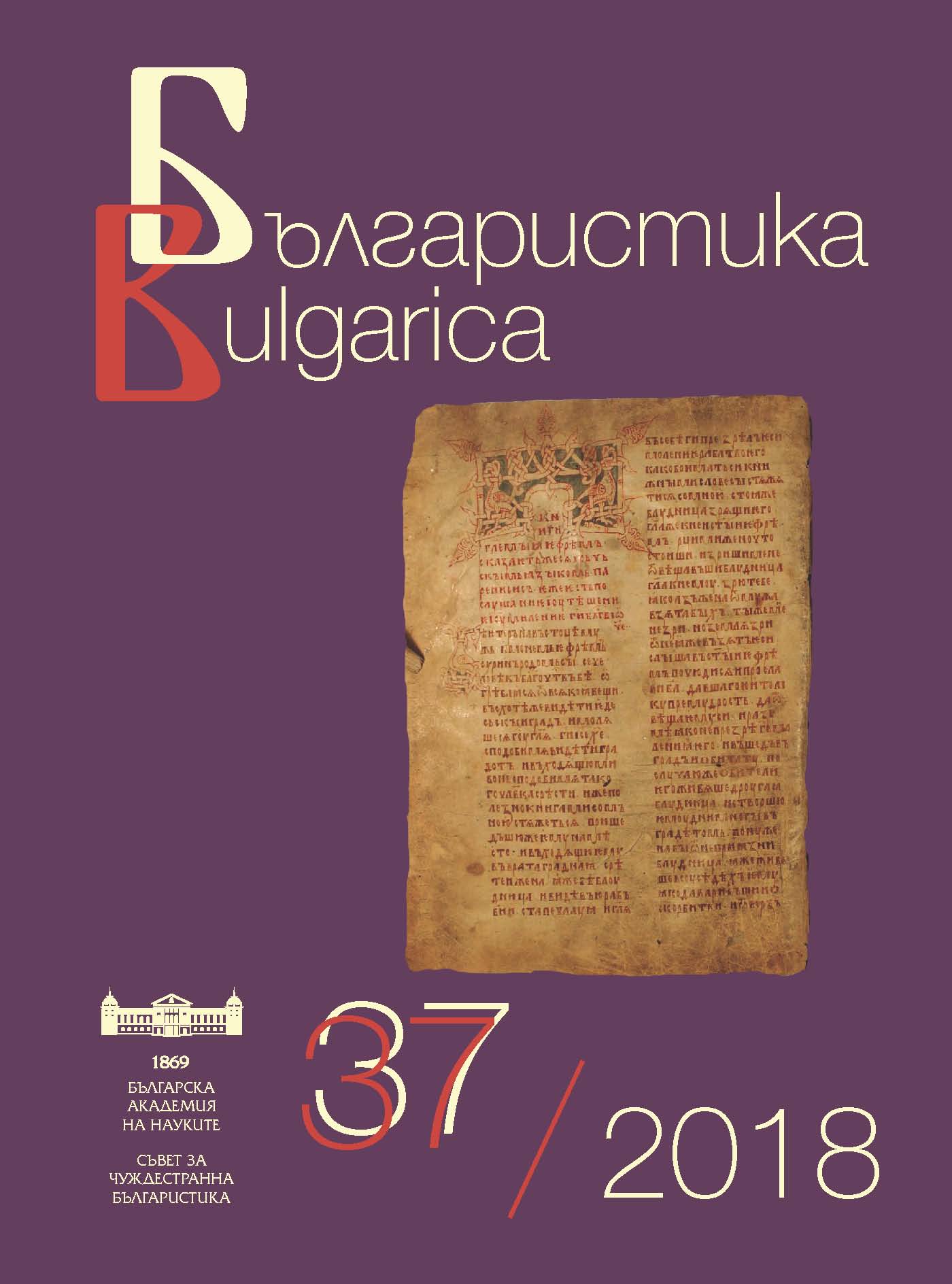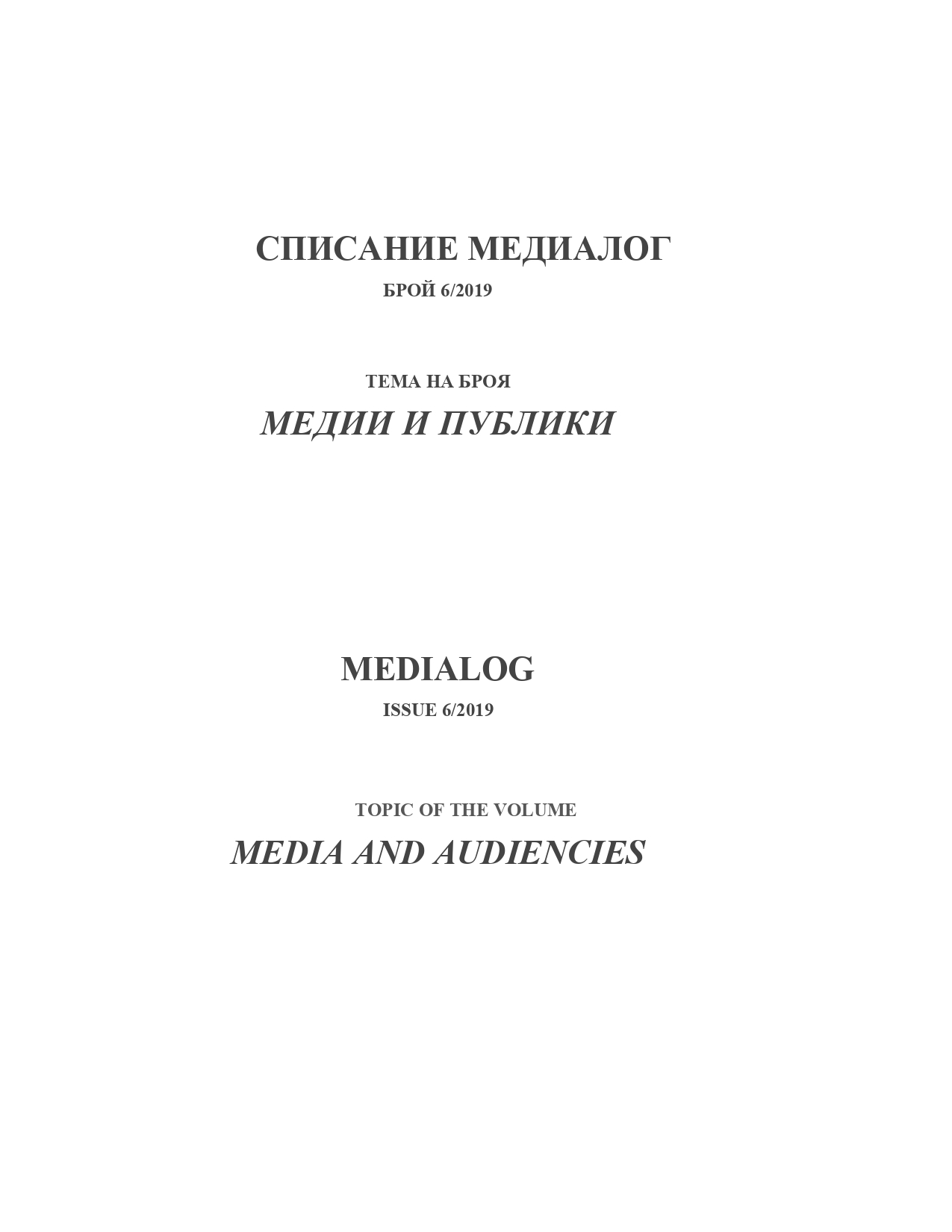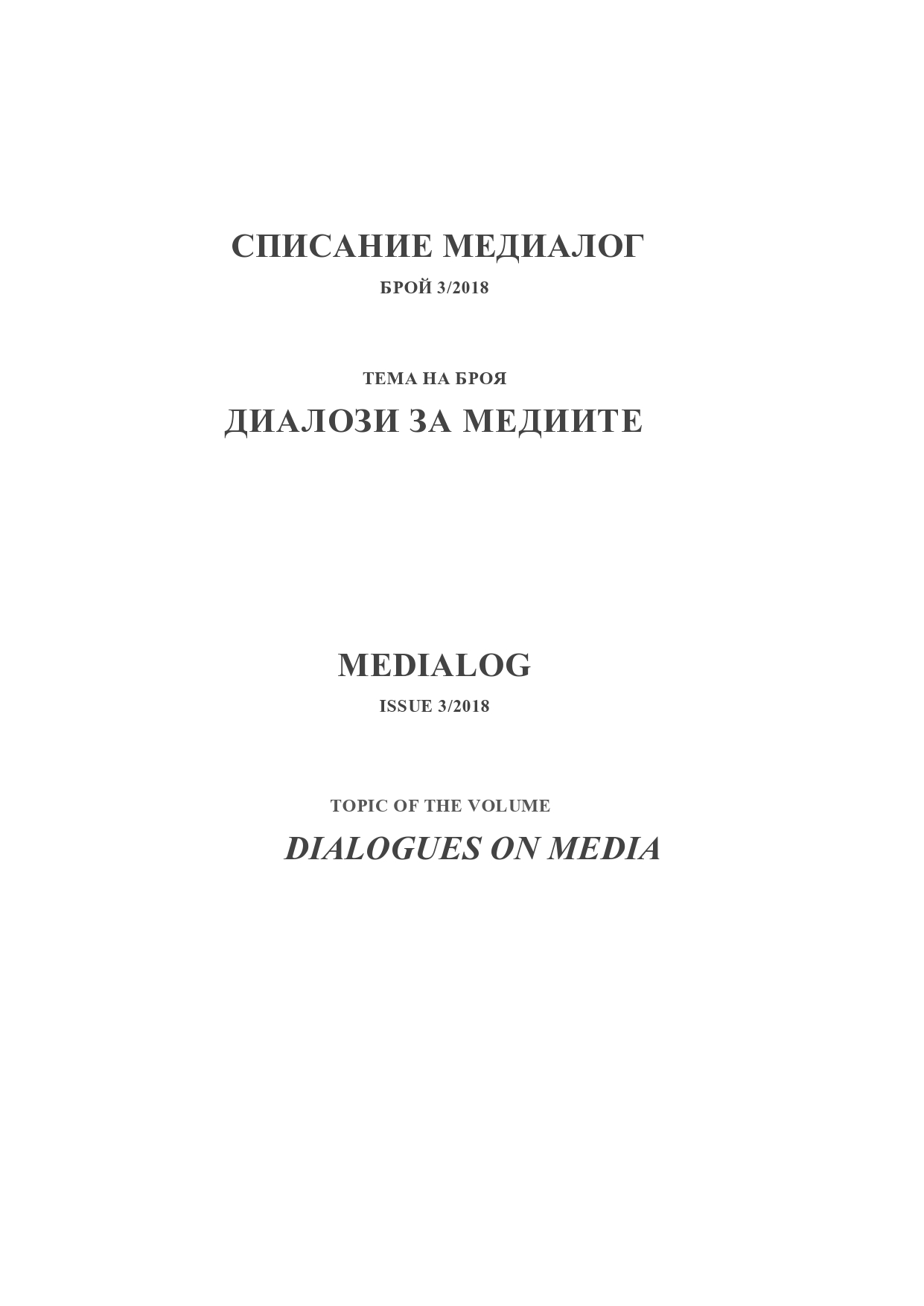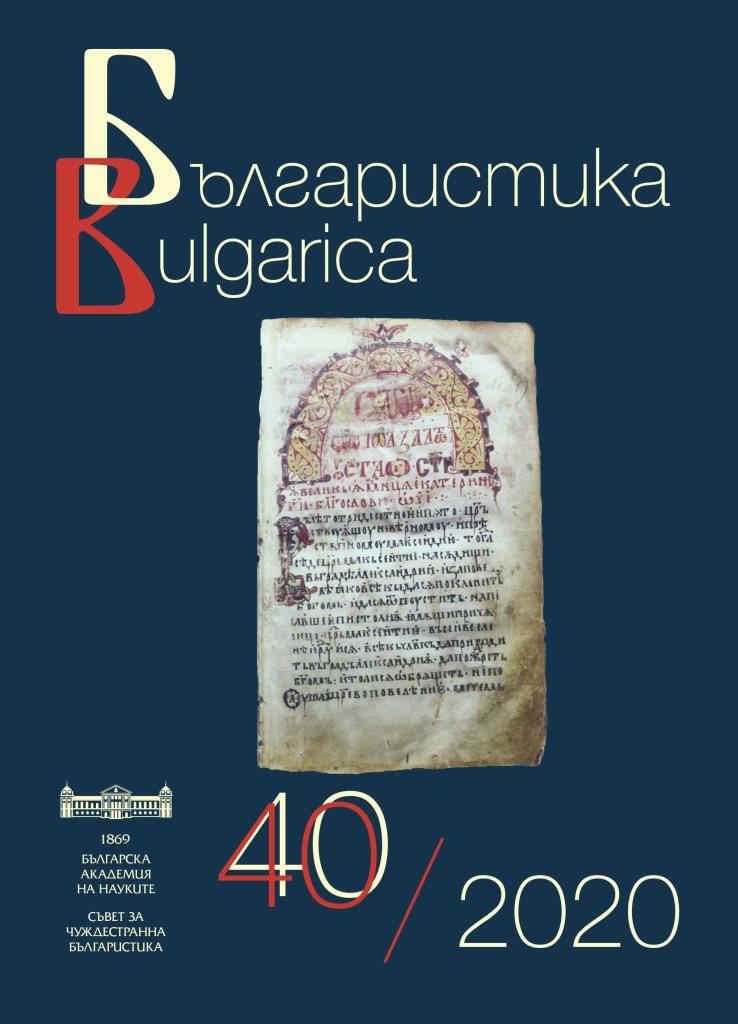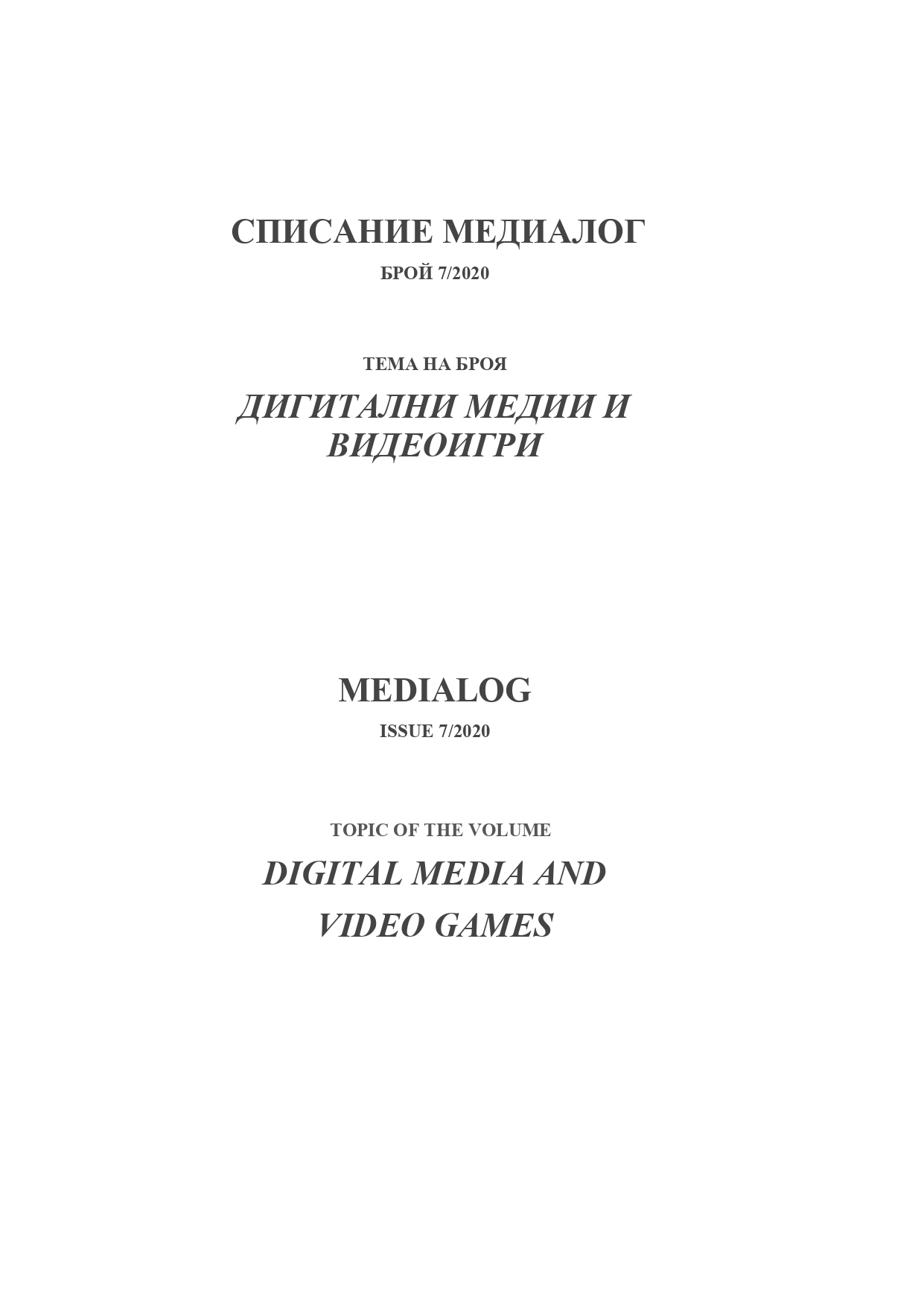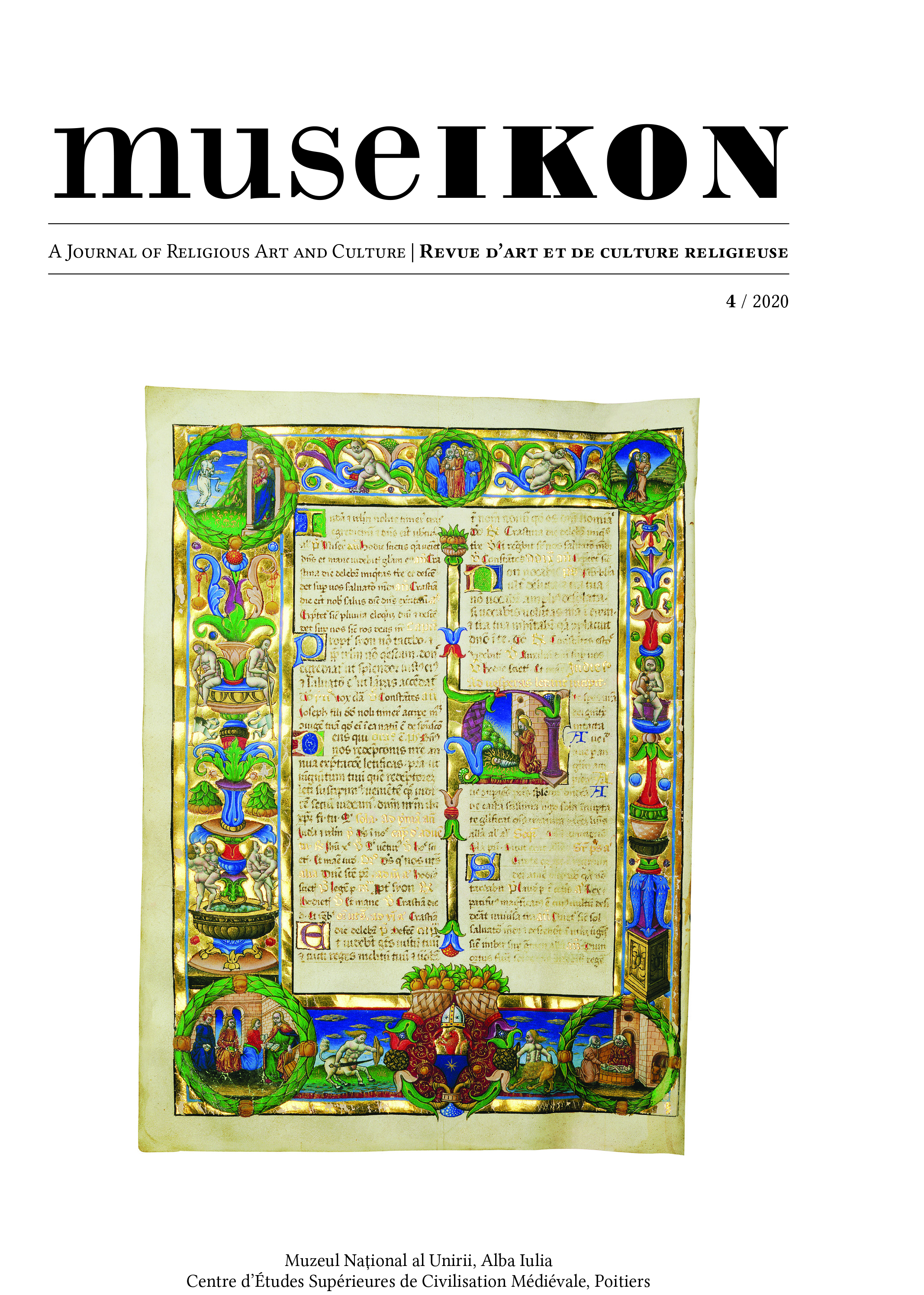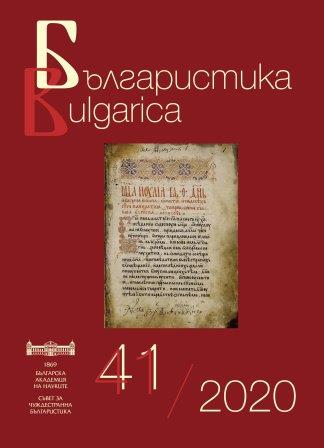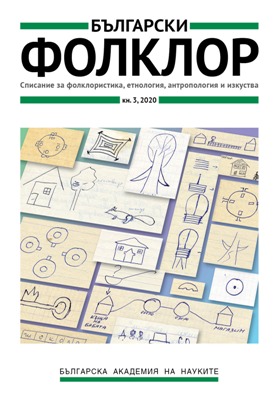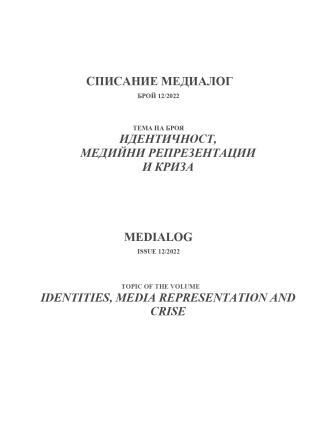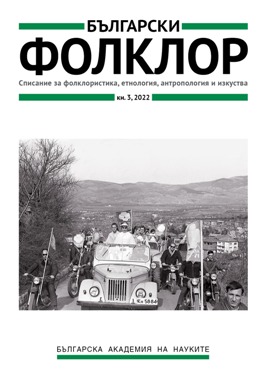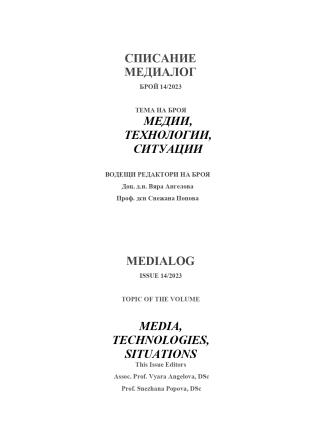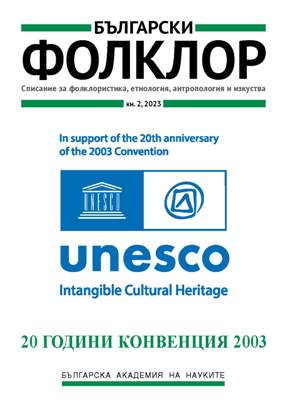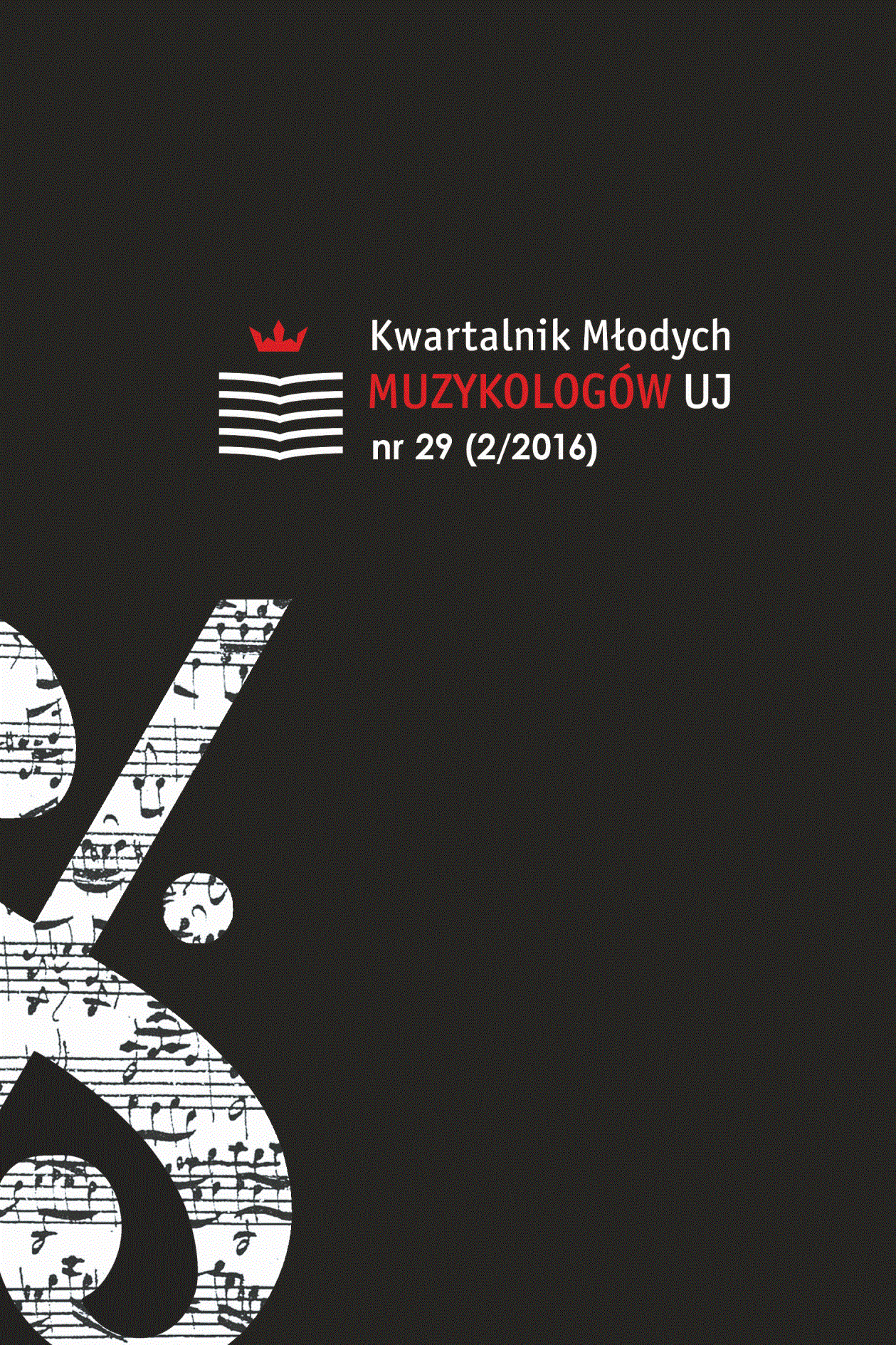
Spór o "The Death of Klinghoffer" Johna Adamsa. Opera w opinii krytyków muzycznych
In October 1985, several members of the Palestine Liberation Front hijacked the cruise ship Achille Lauro during its Mediterranean cruise. After the surrender of the terrorists, it came to light that a disabled passenger, Leon Klinghoffer, was killed by one of the kidnappers. The news of the attack was all the more disturbing that Klinghoffer belonged to the Jewish community. The case of abduction of Achille Lauro has been one of the most important topics in the field of international politics and the Israeli-Palestinian conflict for a long time. The idea of creating an opera based on those events came from one of the most distinctive directors of our time, Peter Sellars (1957–), who invited composer John Adams (1947–) to cooperation. Libretto was created by Alice Goodman (1958–). Stage presentation of the fate of the passengers of Achille Lauro was to be a musical background for the wider topic: Israeli-Palestinian conflict. The main aim of the authors of The Death of Klinghoffer, what they repeatedly stressed in interviews, was to present both sides: Jewish and Muslim; not only the design of the libretto and musical development, but also the right direction. Despite these assumptions, since the premiere in 1991 at the Brussels Théâtre Royale de La Monnaie, this opera is consequently dividing the audience into its hot enthusiasts and declared opponents. Demonstrations and protests, accusations of anti-Semitic content, presentation and justification of terrorism have led not only to a change in the score, but today they are almost inseparable elements of issue. This article focuses on the opinions on the opera by critics and music journalists. After presenting the context of creation, examples of the reception, analytical and creative works are shown, such as the opinions found in the reviews of the printed sources, as well as the online ones.
More...
